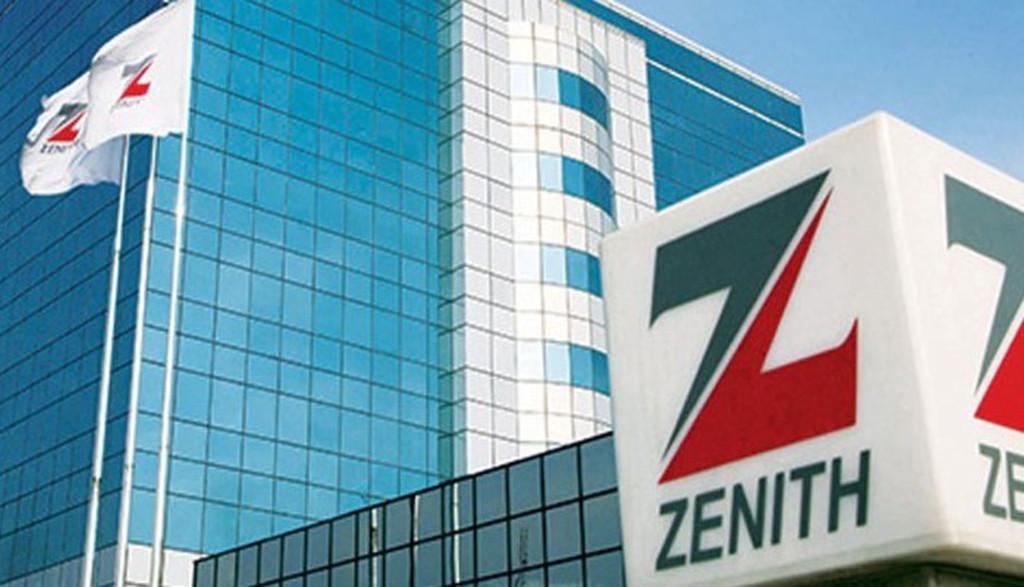The foreign exchange (FX) turnover on Nigeria’s official market experienced a dramatic drop of 75.98%, hitting a three-week low on Thursday.
The turnover fell from $385.91 million at the end of Tuesday’s trading session to just $92.68 million. This significant decrease marks the lowest level since May 17, 2024, when it dropped to $83.5 million.
Join our WhatsApp ChannelThe sharp decline in FX turnover followed a public holiday on Wednesday to celebrate Nigeria’s Democracy Day. The lack of trading on the official market due to the holiday likely contributed to the low turnover figures.
A key factor behind this latest market movement is the disbursement of $925 million by Afrexim Bank on June 6, 2024. This payment is part of a $3.3 billion crude oil-backed loan agreement with the Nigerian National Petroleum Company Limited (NNPC). According to a statement from Afrexim Bank, the funds were raised from crude oil off-takers such as Oando Group and Sahara Energy.
The market has shown signs of strain for some time. On the same day as the bank’s announcement, the naira recorded a slight depreciation. Data from the FMDQ revealed that the naira stood at N1,476.24/$1, reflecting a 0.17% decrease from the previous rate of N1,473.66/$1 on the NAFEM window. Although minor in percentage terms, this depreciation indicates ongoing pressures on the naira amidst a fluctuating foreign exchange market.
READ ALSO: Nigeria’s Debt Servicing Rises To $2.2bn In 5 Months- CBN Reveals As Fx Crisis Persists
On Thursday, the naira’s trading range was broad, reaching a high of N1,500/$1 and a low of N1,400/$1. This wide range underscores the significant volatility within the market, driven by varying supply and demand dynamics.
One financial analyst commented on the situation, saying, “The recent fluctuations are typical in an environment influenced by external economic factors, policy announcements, and global market trends. The market needs stability, and this can only be achieved through consistent and effective economic policies.”
The reduction in FX turnover points to broader market uncertainties and potential liquidity issues. Such drastic fluctuations can disrupt financial planning and operations for businesses that rely on stable exchange rates.
To address these challenges, there is a growing call for robust economic policies that can stabilize the foreign exchange market and support the naira. Strengthening forex reserves and implementing effective monetary policies will be crucial in mitigating market fluctuations and ensuring long-term economic stability.
“Addressing the underlying economic issues is essential,” said another economist. “Enhancing forex reserves and adopting sound monetary policies will help restore confidence in Nigeria’s financial markets and support sustainable economic growth.”
In conclusion, the significant drop in FX turnover and the naira’s depreciation highlight the ongoing volatility and challenges within Nigeria’s foreign exchange market. Effective policy measures are needed to stabilize the market and foster long-term economic stability.
Emmanuel Ochayi is a journalist. He is a graduate of the University of Lagos, School of first choice and the nations pride. Emmanuel is keen on exploring writing angles in different areas, including Business, climate change, politics, Education, and others.


















Follow Us